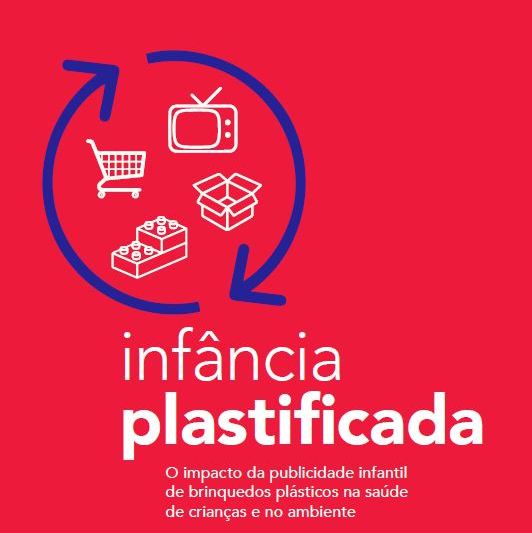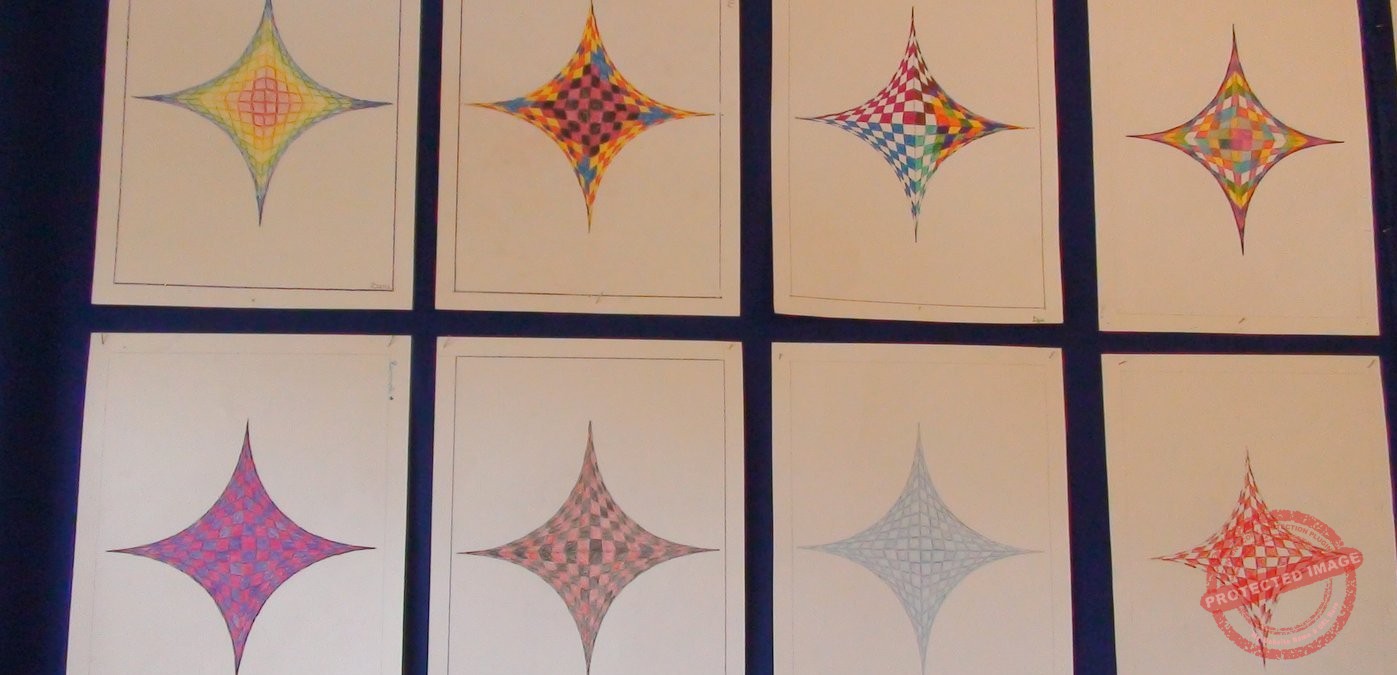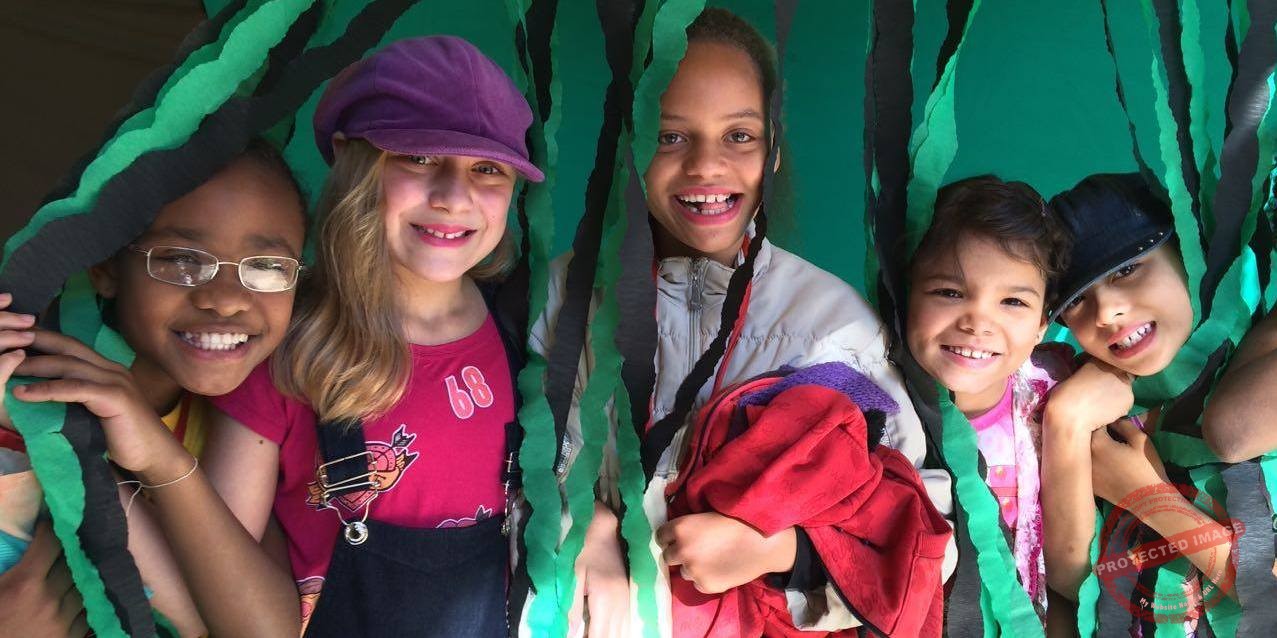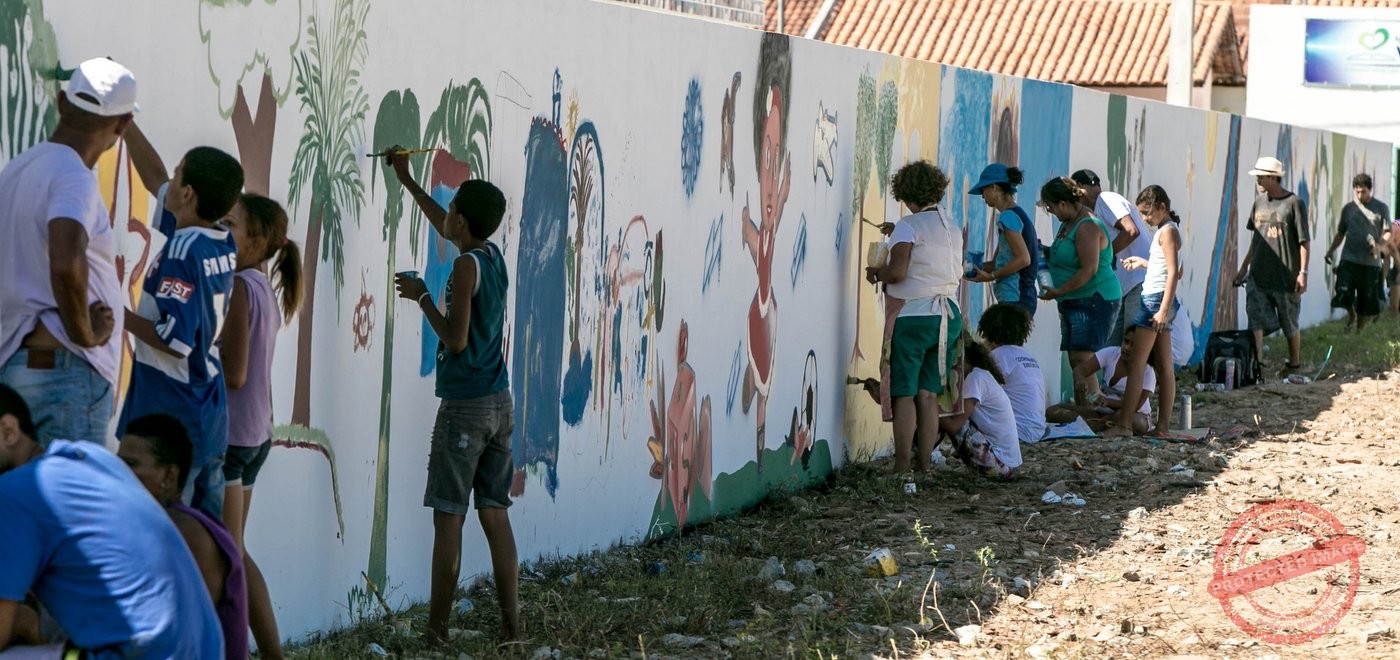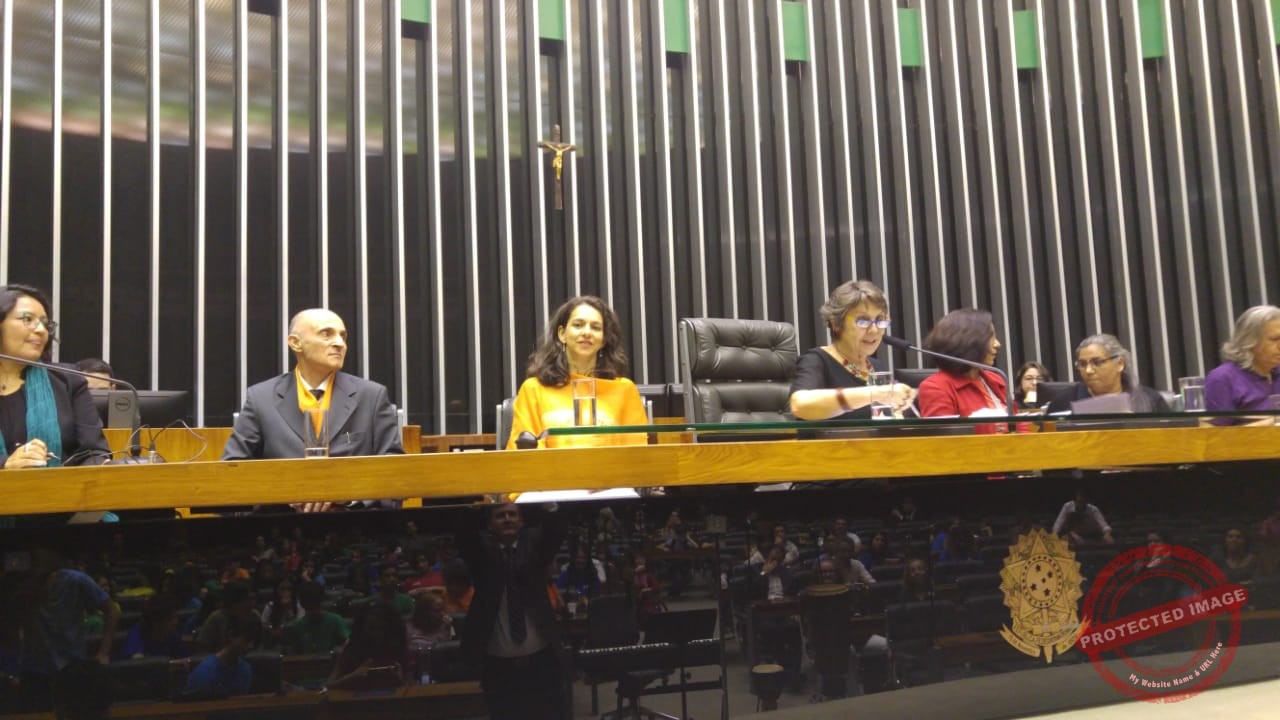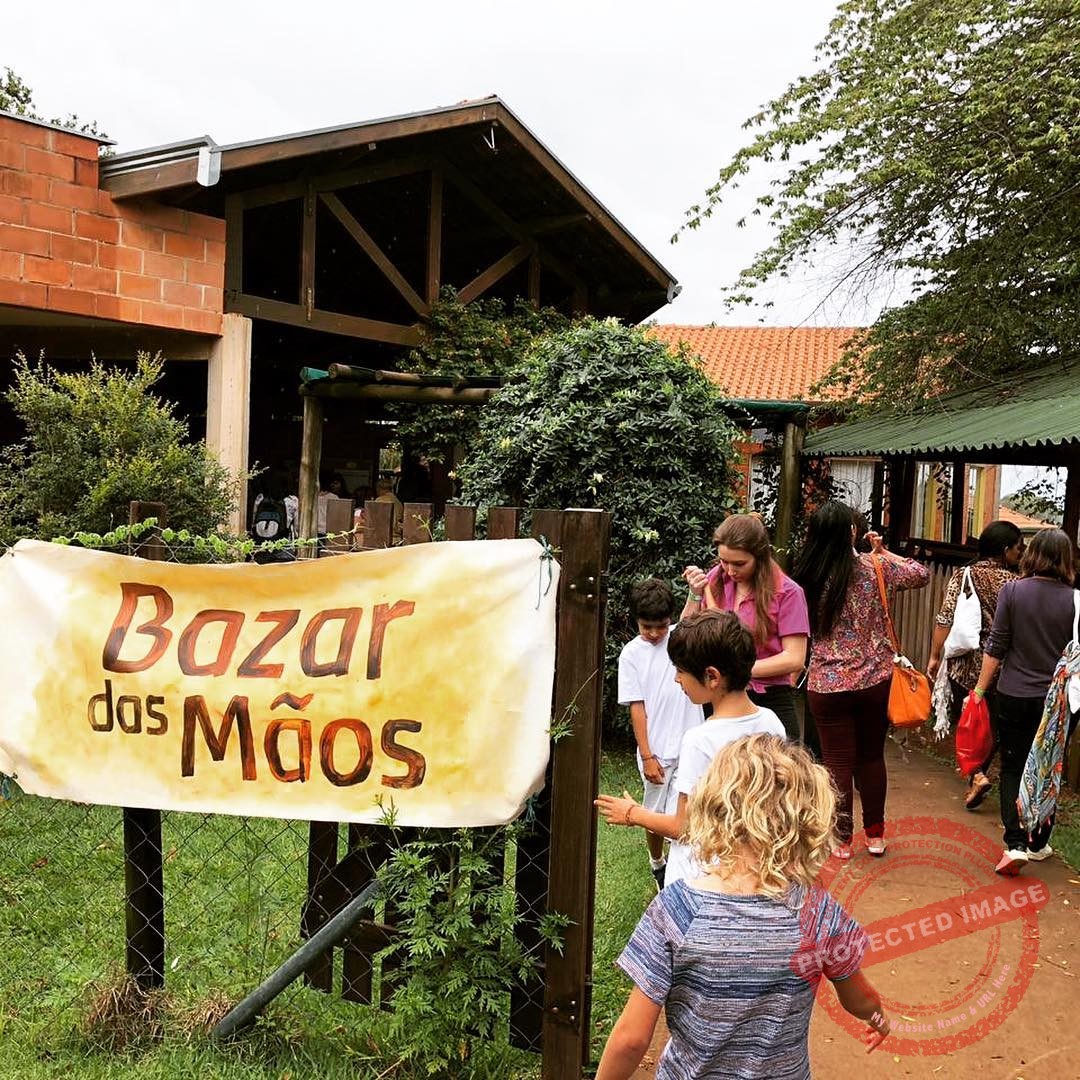[print-me target="body"]
Waldorf Pedagogy is an integral educational project
Article by Wenzel Gotte
The child is itself a being in development. From this point of view, all pedagogical activity must observe two aspects: that development comes from the past and goes into the future, and that the child is transformed throughout this process; and that the child before our eyes is in one of the stages of this transformation.
The teacher must be aware of both aspects. Knowing the child, one must love him; and, with love, knowing her as she is, will treat her as she really is. With a love based on knowledge, pedagogical activity becomes art. Waldorf Pedagogy intends to establish this relationship between the teacher and children or adolescents. The anthropology corresponding to each biographical period thus becomes the basis of the pedagogical and didactic method. Knowledge of the process of transforming a child into an adult will not be reduced to its visible nature, since, along with bodily development, it also considers the invisible being, which encompasses the soul and spiritual aspects.
The subject and subject of teaching must be oriented, on the one hand, to the knowledge that the child must have for life, but, on the other hand, it must take into account the effect that this subject has on the child's psychological development and the time when this should happen according to your age.
The Waldorf School's curriculum, as well as the pedagogical method applied, were fully established according to the child's stage of development. In the early years, the needs of child development correspond to an artistic-imaginative education linked to a relationship with the teacher impregnated with authority, but with an authority full of love. With puberty, the child's ability to relate to the realities of the world grows through the strengths of his own personality. At this stage, it is important to develop the individual capacity for aesthetic, moral and cognitive judgment, and for that we have to show the young person the path to the formation of a universal value judgment. The pedagogue now presents himself as a friend and helps the young person to find himself and conquer the world. The goal is that the young person, as a thinking being, walks through the world understanding it, that, as a feeling being, he develops the capacity for social coexistence, that, as a volitional being, he is able to act creatively in big and small things. . A goal of this kind establishes in itself, as a precondition, a free and creative relationship between teachers and students. This is why the Waldorf School avoids the tutelage of the State and the economic world, because it considers that the importance lies in the child's own being and in what those who work directly with him perceive about the child.
Therefore, the Waldorf School does not recognize itself as a hierarchically managed organization, but defends the principle of autonomy for schools.
“…A free school is one that allows teachers and educators to integrate into education everything that, based on their knowledge of the human being, based on their knowledge of the world, and based on their love for the child, they consider essential.” (Rudolf Steiner)
Featured image: Early childhood education at Colégio Micael – São Paulo SP
Credits: Written by Wenzel Götte for the Waldorf Pedagogy presentation catalog on the occasion of the 44th meeting of the UNESCO International Conference on Education in Geneva.
***


